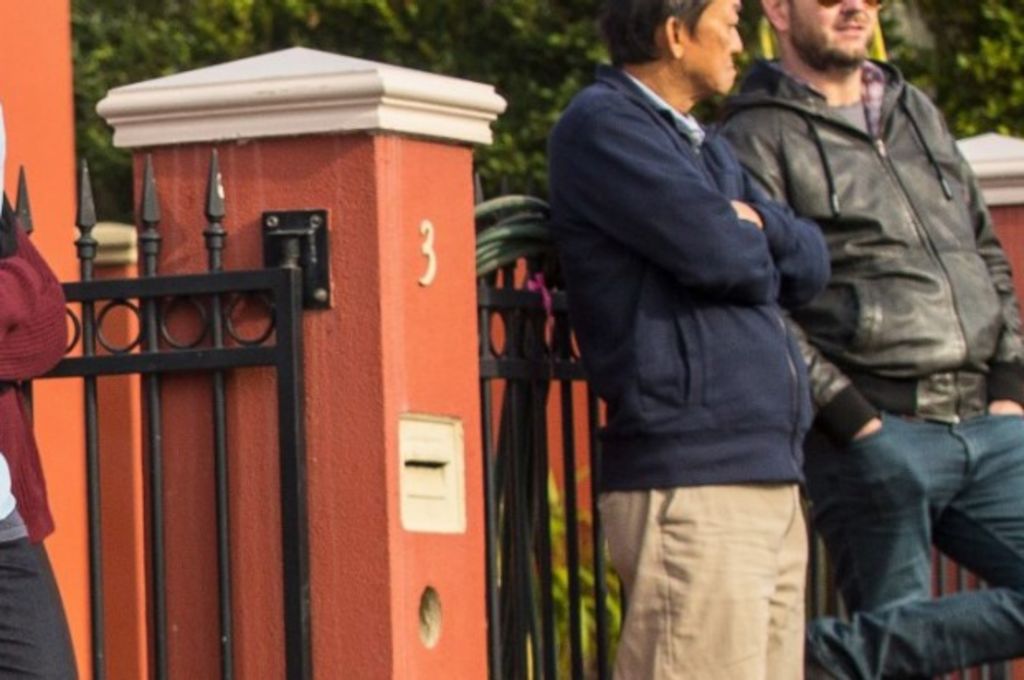First-home buyers could take hit from investor interest rate hikes

Raising interest rates on home loans held by property investors could boost bank profits by up to $400 million a year, experts say. But renters, in particular first home buyers trying to get off the rental roundabout, are likely to pay for it.
Last week, ANZ Banking Group announced it would put the brakes on lending to landlords by hiking its index rate for investor loans by 0.27 per cent to 5.65 per cent.
The move, which will add $48 to the monthly repayments on a $300,000 mortgage, was followed by the Commonwealth Bank of Australia the next day. On Monday, the National Australia Bank lifted its interest-only home loans by 0.29 per cent.
Domain Group senior economist Andrew Wilson expects tenants will be slugged with the extra monthly repayments, especially in Sydney where “there is a chronic shortage of property”.
He said it would also affect tenants in Melbourne, where the vacancy rate for houses is 2 per cent, and the median asking rent for units and houses is at an all-time high.
The least affected capital city would be Perth with the highest vacancy rate of 3 per cent.
“Certainly for landlords that are in areas which are popular… it gives them the opportunity to push rents up,” Dr Wilson said.
“If they can’t, they’ll absorb it…but if they can, it will become part of the factor that drives up rents in areas where there are higher demand for rental properties.”
He said the changes, which come after the Australian Prudential Regulation Authority (APRA) forced banks to curb investor lending, would only entice more prospective investors into the market because rising rents translates to higher yields.
“It will only weaken the housing market because first-home buyers will have to pay more rent while they’re saving,” he added.
“It’s throwing out the baby with the bathwater; it will only encourage more investors and be another factor in keeping first-home buyer numbers low.
“It’s not the repayments that are keeping them out of the market, it’s the deposit.”
AMP chief economist Shane Oliver agreed that the rate rise for investors could affect renters in areas with tight vacancy rates such as Sydney.
Though rents were at record levels, he said rental growth hadn’t been particularly strong and it was a question of what the market would bear.
Dr Oliver said landlords might face some push back, particularly in areas of Melbourne where there was an oversupply and lot of competition for tenants.
“It’s quite possible that investors won’t be able to fully pass it on,” he said.
“I have no doubt they’ll try and do so, but it’s just a question of whether they’ll get the full amount through.”
When the mortgage rate increases for investor borrowers, they would only pay for a portion of it because the cost of their annual tax bill would be reduced through negative gearing, Dr Oliver added.
“If you’re on the top marginal tax rate, and you’re with ANZ or CBA and your mortgage rate goes up 0.27 per cent…presumably you’ll get half of that back through your tax refund.
“It’s only a fairly modest amount that would have to be passed on.”
But Dr Wilson said not every property was negatively geared and most investors would not be paying the highest tax rate.
He believes the banks would be the winners from the latest move.
By adding 0.27 per cent interest rate on the $147 billion investor loans approved over the year to May (according to ABS figures), it would generate nearly an extra $400 million in profit for the banks, he said.
We recommend
We thought you might like
States
Capital Cities
Capital Cities - Rentals
Popular Areas
Allhomes
More
- © 2025, CoStar Group Inc.







